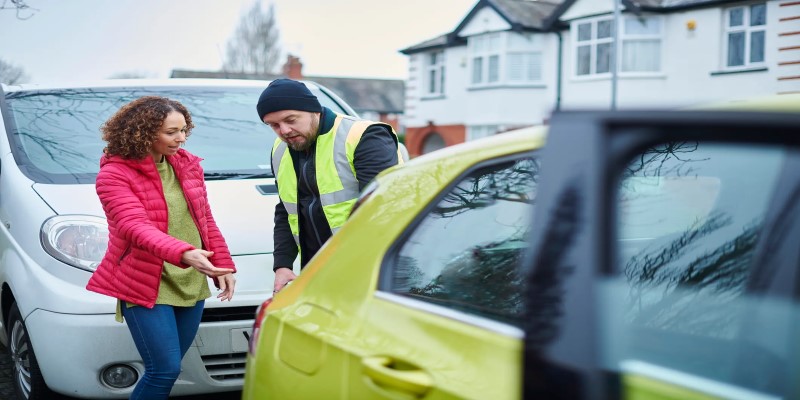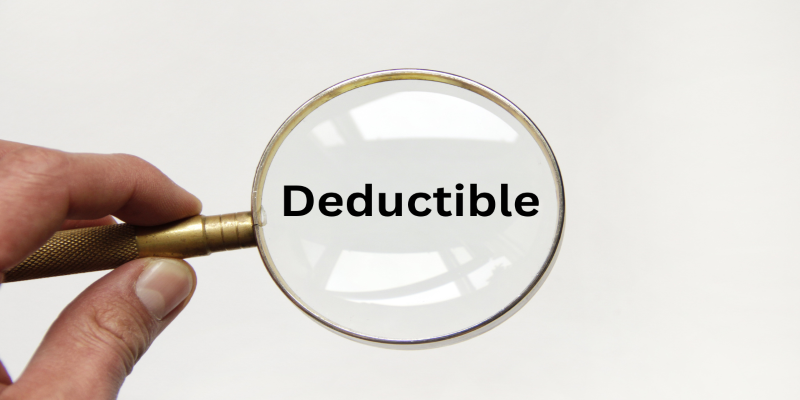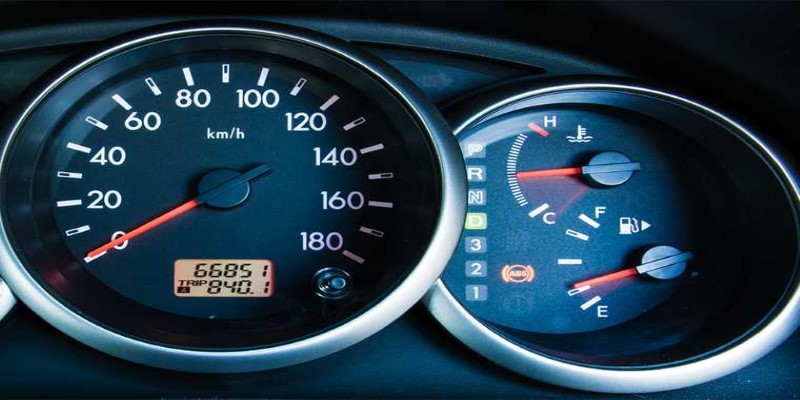How To Avoid Common Mistakes When Buying Car Insurance
Purchasing car insurance can feel like a maze—there are so many options, terms, and details to consider. And making the wrong choice could cost you more than just money; it could leave you without proper coverage when you need it the most. Fortunately, you can avoid common mistakes with a little bit of knowledge and planning. Here’s how to navigate the process and get the best deal on car insurance without falling into these traps.
Not Comparing Multiple Insurance Providers

It’s tempting to go with the first insurance provider you find, especially if they offer a low rate or a special deal. But doing so could lead to missing out on better options.
Mistake
Assuming one provider has the best rates without shopping around.
How To Avoid It:
Take the time to get quotes from multiple insurance companies. Even a few minutes of research could save you hundreds of dollars each year. Use comparison tools online, or work with an insurance agent who can help you gather multiple quotes based on your specific needs. Different companies offer different rates based on factors like your driving record, vehicle type, and even your location.
The Importance Of Coverage Types
Car insurance isn’t a one-size-fits-all product. There are various coverage options available, and the level of coverage you choose can significantly impact your financial protection.
Mistake
Choosing the cheapest policy without understanding what’s covered.
How to Avoid It:
Understand the different types of car insurance coverage available, including:
Liability Coverage
Covers injuries and property damage to others when you're at fault.
Collision Coverage
Pays for damages to your car from a crash, regardless of who’s at fault.
Comprehensive Coverage
Covers non-collision damage like theft, vandalism, or natural disasters.
Personal Injury Protection (Pip)
Covers medical expenses for you and your passengers, regardless of fault.
Make sure your policy includes the coverage you need based on your lifestyle, car value, and risk tolerance. If you have a new car, you may want to opt for full coverage, while older vehicles may only need liability.
Overlooking Deductibles

The deductible is the amount you pay out of pocket before your insurance kicks in. It’s an important factor that can directly affect the cost of your premium.
Mistake
Not carefully considering the deductible amount.
How To Avoid It:
When selecting your deductible, make sure it aligns with your financial situation. A higher deductible typically lowers your premium, but it also means you’ll have to pay more upfront in case of an accident or claim. On the other hand, a lower deductible will increase your premium, but it can make sense if you’re risk-averse or can’t afford to pay a high amount out of pocket after a claim.
Make sure you choose a deductible that you can comfortably afford, especially if you need to file a claim in the future.
Ignoring Discounts
Many insurance companies offer discounts for a variety of reasons. However, it’s easy to overlook these discounts, leaving you paying more than you need to.
Mistake:
Failing to ask about or look for available discounts.
How to Avoid It:
Insurance providers offer numerous discounts for things like:
Safe Driving Records:
If you have a clean driving history, you might qualify for a “good driver” discount.
Bundling Policies:
Many companies offer discounts if you combine your car insurance with other policies, such as homeowners or renters insurance.
Low Mileage:
If you don’t drive much, you could save by opting for a low-mileage discount.

Defensive Driving Courses:
Taking a course can demonstrate that you’re a responsible driver and may lower your rates.
Car Safety Features:
Cars equipped with anti-theft devices, airbags, and safety technology often qualify for lower premiums.

Always ask your insurance provider about available discounts, and make sure to take advantage of any opportunities to save.
Not Reading The Fine Print
Insurance policies are full of jargon and fine print, and it’s easy to skip over the details. However, failing to understand the terms of your policy could lead to surprises down the road when it’s time to file a claim.
Mistake:
Skimming the fine print and not fully understanding policy exclusions.
How to Avoid It:
Take the time to read through your policy and make sure you understand the coverage, limits, and exclusions. Pay attention to things like:
Exclusions:
Certain events or damages might not be covered under your policy (e.g., natural disasters or driving under the influence).
Policy Limits:
These are the maximum amounts your insurer will pay out for various types of claims. Make sure the limits are high enough to fully protect you.
Claim Processes:
Understand how claims work, including deadlines for filing claims and requirements for documentation.
If anything is unclear, don’t hesitate to ask your insurance provider for clarification.
Over-Insuring Or Under-Insuring Your Car
Another common mistake when buying car insurance is failing to properly assess how much coverage your car actually needs.
Mistake:
Paying for coverage you don't need or do not have enough protection.
How To Avoid It:
Consider the value of your car when deciding on coverage. If you drive an older car, it may not make sense to purchase collision or comprehensive coverage since the vehicle may not be worth enough to justify the higher premiums. On the other hand, if you have a new or expensive car, make sure you have full coverage to protect your investment.
Also, consider your financial situation—if you can afford to repair or replace your car out of pocket, you might opt for a lower level of coverage. But if you struggle with large repair costs, it's better to go for a more comprehensive plan.
Get The Coverage You Need Without The Mistakes
By avoiding these common car insurance mistakes, you can ensure that you’re not only getting the best deal but also the right coverage for your needs. Don’t settle for the first offer you get—do your research, read the fine print, and make sure you're well-covered in case of an accident.







